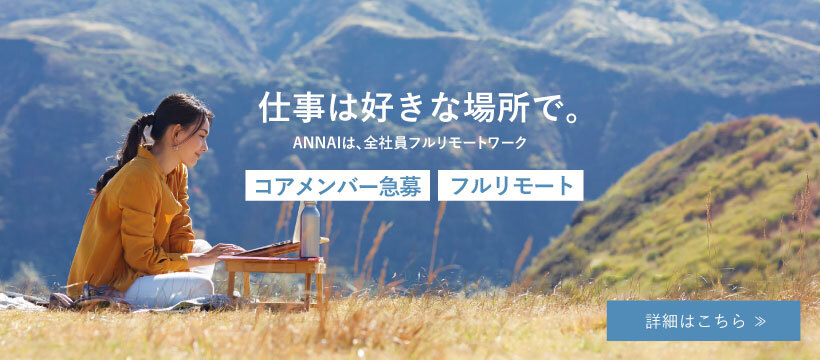
About CfK(Code for Kanazawa)
CfK, established in May 2013 and modeled after the American NPO “Code for America”, carries the message: “To make the world Happy through coding.”
Since then starting with “Code for JAPAN”, activities named “Code for OO” such as Code for Kyoto and Code for Sabae has expanded throughout Japan.
“Rather than depending on local governments, find the problems of your own region or community and through citizen participation, use technology to solve them.” CfK positions itself to work on such activities called “CivicTech”. Representative Director Kenichiro Fukushima analyzes that “the era of DIY by citizens is coming.”
“Looking at history, one citizen named Johannes Gutenberg developed the printing press leading to the Protestant Reformation. This is thought to be a type of CivicTech. Through technology, citizens can solve social problems, which in turn contributes to social change.” (Fukushima)
CfK’s activities are diverse and one representing application is “5374.jp” (gominashi.jp) that utilized and implemented Kanazawa City’s open data. It is a simple smartphone application that focused on one of the more familiar problems to the users: how to throw trash.
On this app, one will first select the region they are at and trash collection information will update daily. When the app is launched, the 4 garbage categories “recyclables”, “combustibles”, “non-combustibles”, and “glass bottles” are color-coded and sorted by closest day of disposal. Furthermore, tapping a category will show a list of trash that can be thrown that day. The “Search by Trash” function also allows the user to know the rules to disposal according to size and material.
The source code for “5374.jp” is always open to the public in the source code management service GitHub, used for software developing projects. Recently the “5374.jp” app plans to expand its use in over 100 areas outside of Kanazawa from Hokkaido to Okinawa. Aside from “localized versions by areas” being developed through GitHub by businesses and individuals, there are also cases of management led by the municipals as well. From this June, a paid app “5374App” that is equipped with the push notification function was also released. It was introduced by Kanazawa city to not only have a paid version, but also because “CfK can cooperatively manage with Kanazawa City by signing the paid contract.” To CfK this is the beginning of a new challenge.
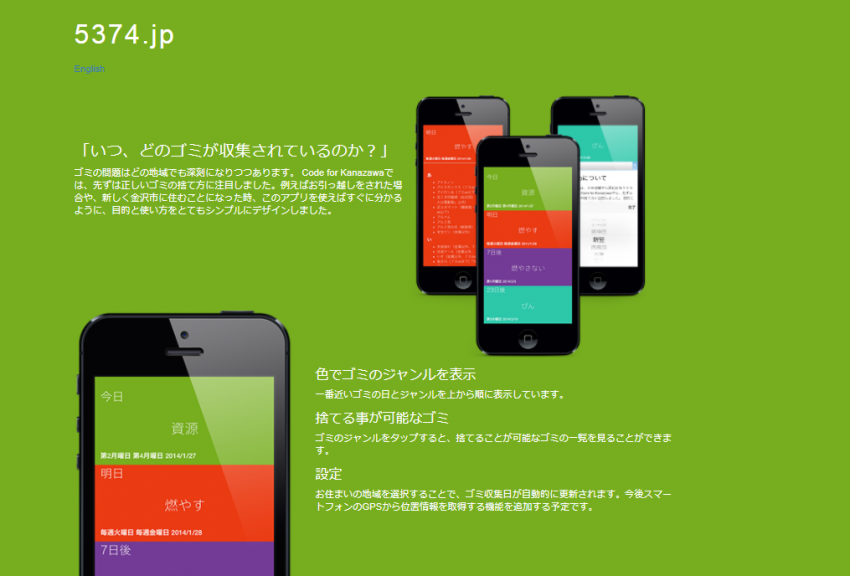
Technology will never be the “lead role”
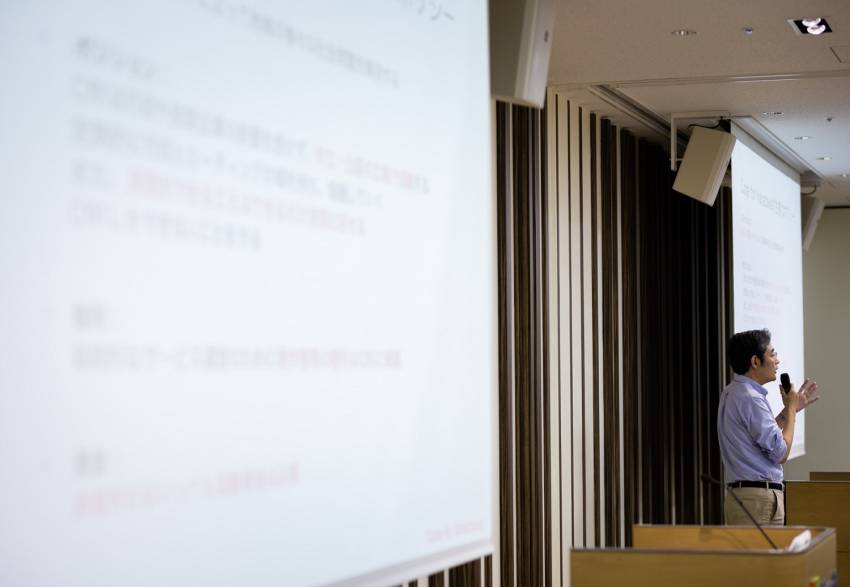
How will these kinds of applications be created? “We run these so-called ideathons and hackathons where people interested in solving regional problems can casually gather once a month at Civic Hack Night Kanazawa. At places like these the citizens create idea sheets and from those ideas, services and applications are born.” (Fukushima)
“Mothers raising children feel a sense of isolation in Oku-Noto (Wajima City, Suzu City, Noto Town, and Anamizu Town of Ishikawa Prefecture) where the population is declining.” To target this issue, the citizens developed the “Noto Not Alone”. Its service mainly provides “event information” that are held in the area. “Mothers can learn where there are events that allow children to be brought along and this leads to meeting other mothers through such events”, said Fukushima. Open data released by Ishikawa Prefecture and municipalities in two cities and two towns and private data obtained with permission from CfK were all used during development.
“It is called CivicTech, but Tech/Technology is never the “lead role”.
We are made up of over 100 members but 80% of them are not engineers. I feel that this is a good balance; I think more engineers would be a bad balance. The stance to do things for themselves or for their society is important in open data.” (Fukushima)
To us, the goal is to create a better society with the citizens’ own hands
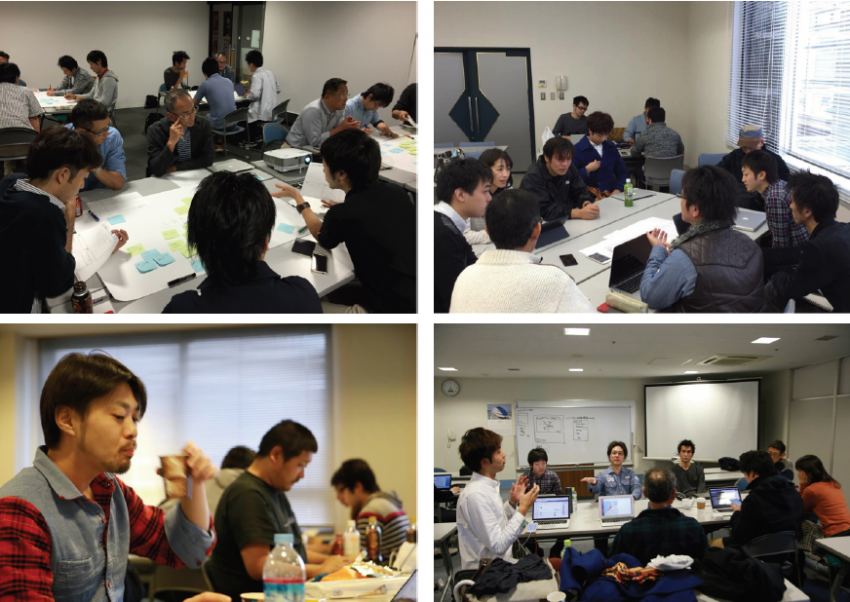
Fukushima mentions, “One thing necessary for CivicTech is to start from your own problems.” He emphasizes, “Noto Not Alone started from consultations from mothers. They had thought CfK was an IT company that could create some sort of application and from the start we denied, ‘That’s not true’. It is treating it as someone else’s problem to ask another to ‘please make something’. That won’t lead to good services or applications. If one does not elevate themselves to a state of ‘we’ll make it ourselves’, then truly good service will not be born.” Fukushima continues.
“The mothers joined the development process with the engineers who sympathized with the project. In the beginning, they were surprised that ‘[development] is really tough’ but instead of ‘this is too much let’s give up’, rather, more mothers joined. If you do it by yourself, you would not do anything that is a waste and you would make something you really want. It is very important in CivicTech to start with ‘your own problems’.” (Fukushima)
“Compensation is not the participating members’ primary reason. The CfK community is kept by a certain number of the passion of wanting to solve a problem on their own, the satisfaction of when people are pleased, and the feeling of content at contributing to society that are,” says Fukushima. Through the use of open data, new open innovation starting with the citizens is just beginning.
(Photo by Edwin Andrade on Unsplash)
関連コンテンツ
Drupal 初心者講座バックナンバー
-
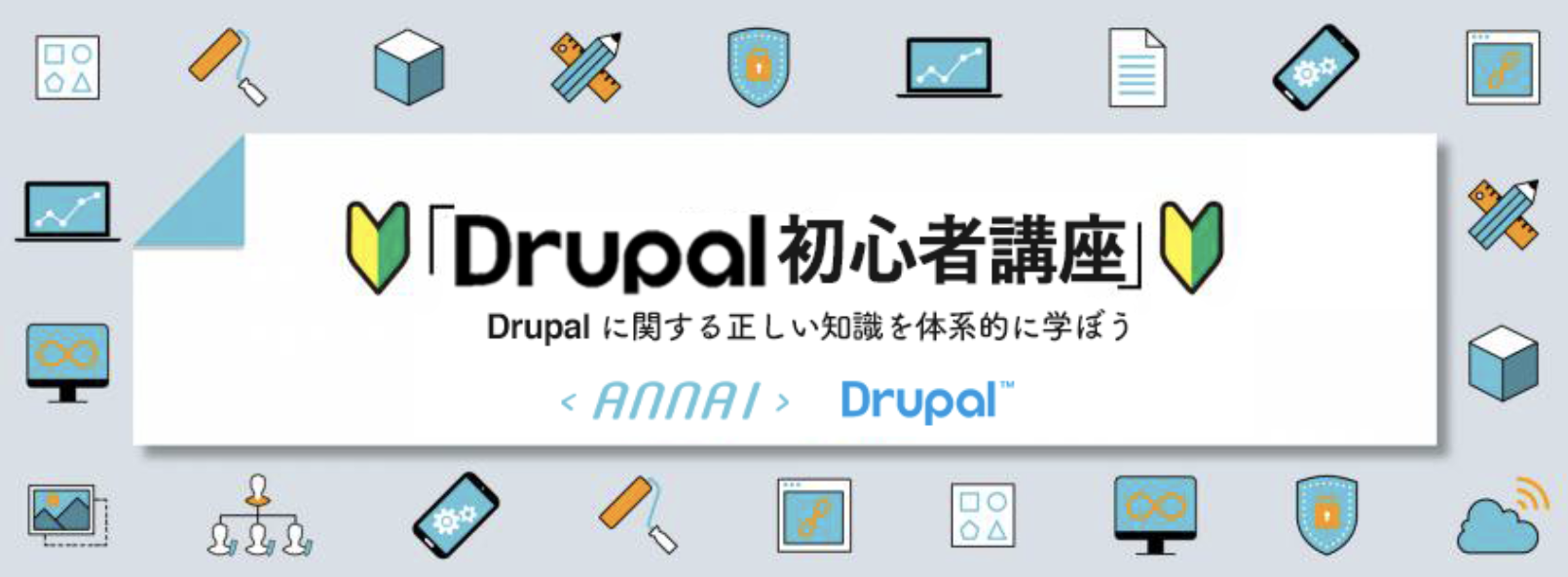 Drupal 9/10 初心者講座
Drupal 9/10 初心者講座
-
 第 1 回 歴史に見る Drupal の DNA
第 1 回 歴史に見る Drupal の DNA
-
 第 2 回 Drupal はフレームワークか?CMS か?他の CMS との比較
第 2 回 Drupal はフレームワークか?CMS か?他の CMS との比較
-
 第 3 回 Drupal の特徴
第 3 回 Drupal の特徴
-
 第 4 回 Drupal 9 / 10 のインストール (1)
第 4 回 Drupal 9 / 10 のインストール (1)
-
 第 5 回 Drupal 9 / 10 のインストール (2)
第 5 回 Drupal 9 / 10 のインストール (2)
-
 第 6 回 Drupal にコンテンツを投稿してみる
第 6 回 Drupal にコンテンツを投稿してみる
-
 第 7 回 Drupal のボキャブラリとタクソノミーの使い方
第 7 回 Drupal のボキャブラリとタクソノミーの使い方
-
 第 8 回 コンテンツ管理における Drupal と他の CMS との比較
第 8 回 コンテンツ管理における Drupal と他の CMS との比較
-
 第 9 回 Drupal のブロックシステム
第 9 回 Drupal のブロックシステム
-
 第 10 回 Drupal の標準クエリビルダー Views の使い方
第 10 回 Drupal の標準クエリビルダー Views の使い方
-
 第 11 回 Drupal と他の CMS のクエリビルダー機能を比較
第 11 回 Drupal と他の CMS のクエリビルダー機能を比較
-
 第 12 回 Drupal の多言語機能と他の CMS やサービスとの比較
第 12 回 Drupal の多言語機能と他の CMS やサービスとの比較
-
 第 13 回 Drupal の権限設定と WordPress や Movable Type との比較
第 13 回 Drupal の権限設定と WordPress や Movable Type との比較
-
 第 14 回 Drupal のテーマシステムについて
第 14 回 Drupal のテーマシステムについて
-
 第 15 回 Drupal の拡張モジュールの選定と使い方
第 15 回 Drupal の拡張モジュールの選定と使い方
-
 第 16 回 Drupal をもっと知りたい方に向けた各種情報
第 16 回 Drupal をもっと知りたい方に向けた各種情報

